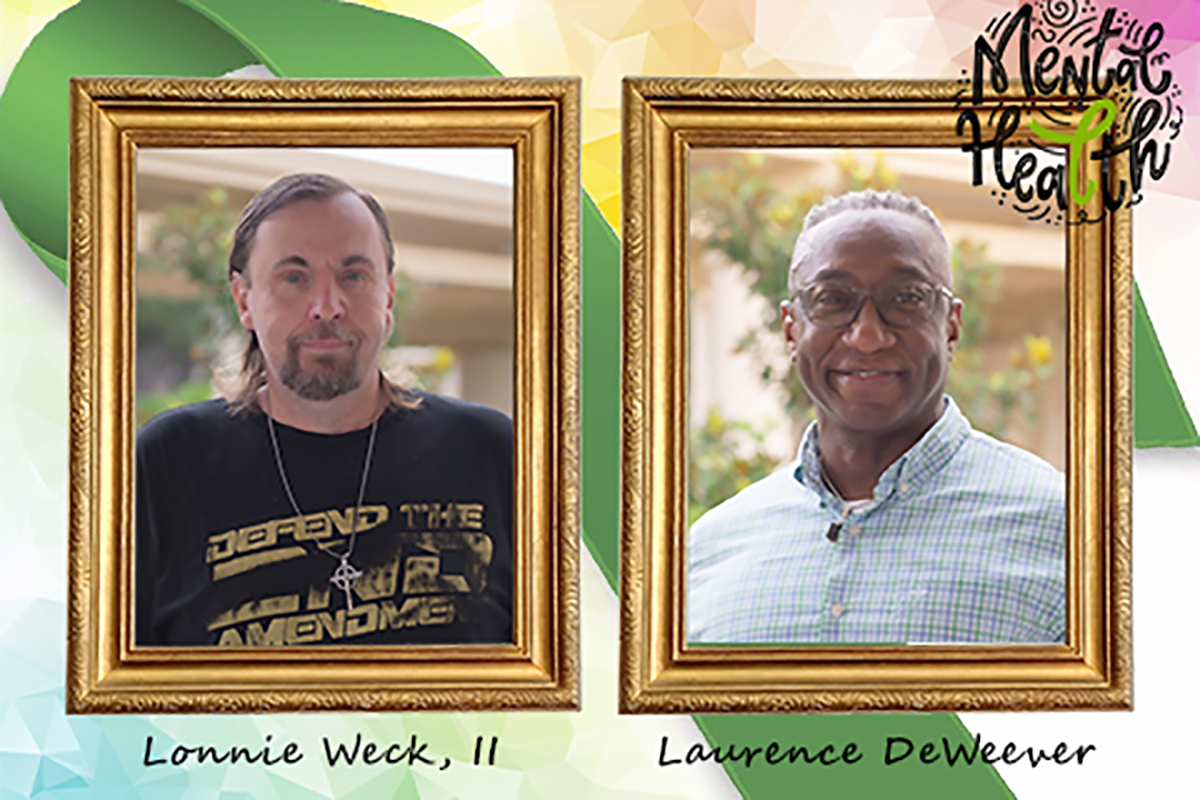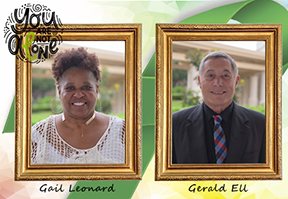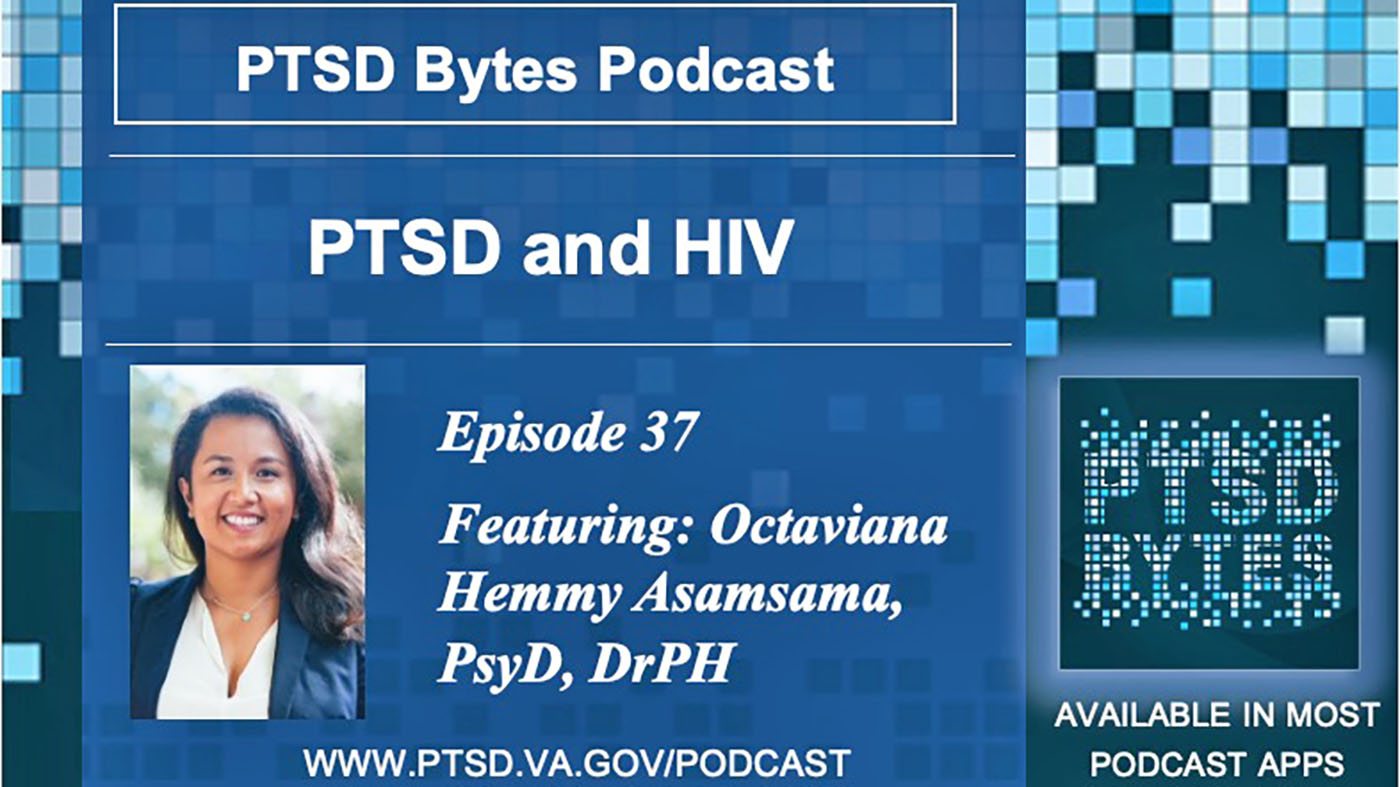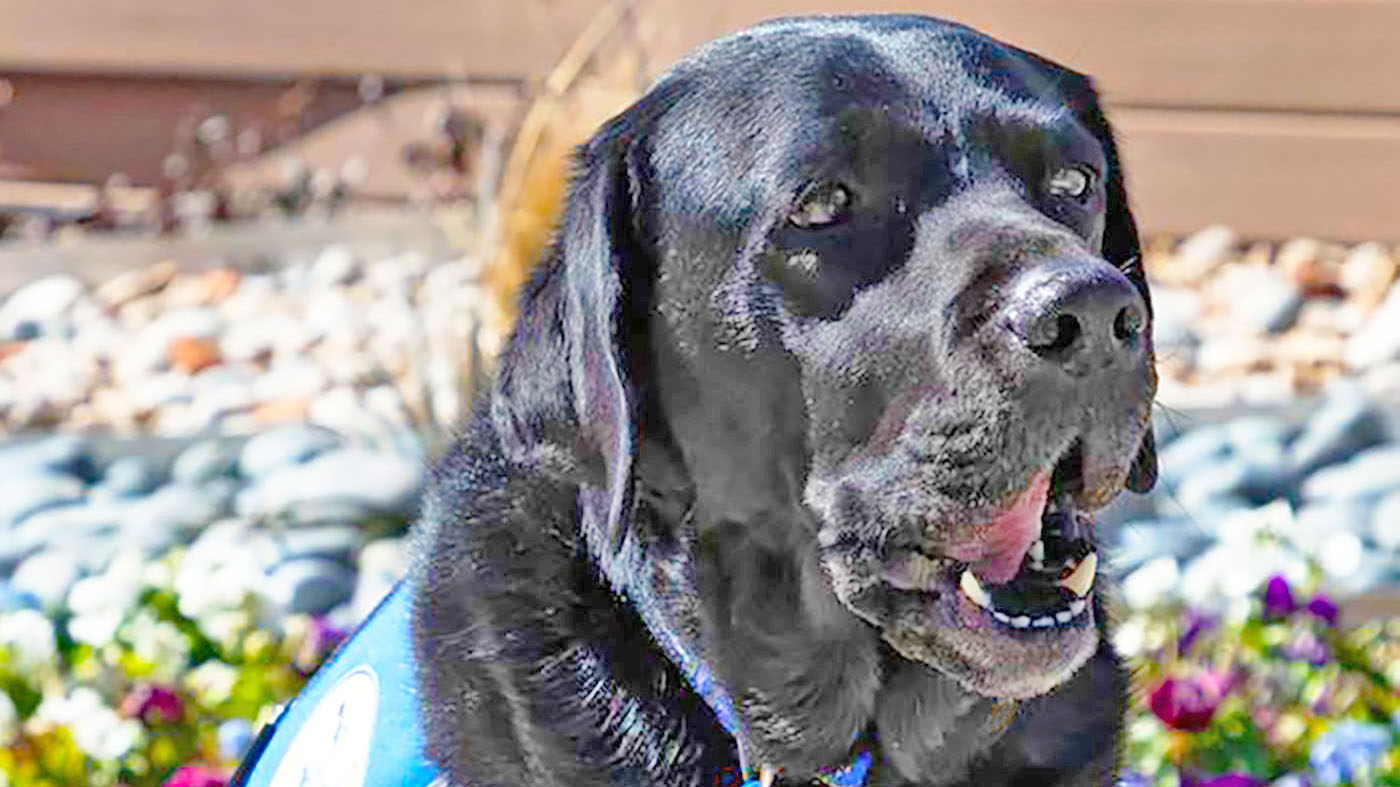Veterans who need mental health support have access to a variety of mental health resources, information and treatment options at VA. For Veterans with serious mental illness, the Psychosocial Rehabilitation and Recovery Center (PRRC) program provides the support and tools needed for recovery.
PRRC, a long-term intensive outpatient program, offers a wide range of psychotherapeutic groups with highly individualized treatment plans. It offers education groups where participants can learn skills to manage their illness, cope with stress, enjoy hobbies and develop meaningful relationships with others.
It also involves community integration experiences to help patients overcome barriers preventing them from taking an active role in their individual recovery plans; it also provides peer support services and psychiatric services.
More than eight million Americans and their families live with severe mental illnesses. To them, recovery means living life to its fullest, having relationships, being part of a community, holding down a job or going to school. Recovery is living a satisfying life, with or without the limitations of a psychiatric disability. Recovery is not a destination but an ongoing journey.
Four graduates of the Bay Pines VA PRRC share their success stories of how VA helped them on their journey to recovery and a more fulfilling life.
“PRRC gave me directions to go in I had never thought of before.”
Lonnie Weck spent 20 years struggling with depression and alcohol use before starting the PRRC program at Bay Pines VA Healthcare System in early 2019.
“PRRC was a turning point in my life. If not for PRRC, I would probably not be here,” Weck said.
Weck’s physical and mental health deteriorated over the years. He eventually became suicidal. One night he had to be escorted to the hospital by police officers after picking up a knife with a plan to end his life. This led to his admission to the Bay Pines VA mental health inpatient unit.
Weck found the various group therapies beneficial. He liked the regularity of the program schedule and the no limitation aspect of the program. Weck was also able to finish a course in Dialectic Behavioral Therapy while working in the program which he found therapeutic.
Weck graduated ten months ago after more than a year and a half in the program. “This is the best I have ever been,” he added.
“Thanks to God, I am building my dream life.”
In the summer of 2016, Laurence DeWeever was sober after 27 years of illicit substance abuse. He had a nice apartment provided through the HUD-VASH Program. Still, “I felt very lonely, totally isolated,” he said. “I didn’t know people in the area.”
DeWeever felt he had no direction in his life and was afraid of reverting back to substances. He was actively searching for employment, but legal charges made this problematic. He would spend days alone in his apartment crying and became so depressed that he had hung up a necktie because he was thinking of using it to kill himself.
DeWeever credits his HUD-VASH social worker, Dana Beede, for refusing to abandon him. He ignored her knocks on his door. He eventually answered but was so depressed he could barely form words to communicate.
Beede recommended the PRRC and he started immediately.
Now works as VA peer specialist
Over time, DeWeever’s depression gradually lifted. Then, to help others like himself, he got certified as a peer specialist. “In record time,” he said.
Since graduation from PRRC, DeWeever moved to Binghamton, New York, where he works as a VA peer specialist and Whole Health coach, a rare combination of service specialties.
DeWeever says he wakes up each morning genuinely excited for each day because he feels needed. “Thanks to God, I am building my dream life,” he added.
Felt like “food for my soul.”
Early in life, Gail Leonard captained her high school cheerleading squad, sung in a musical group and successfully raised two children while serving in the Army. Years later, she was happily employed and enjoying a good income until she developed a painful knee condition which forced her to quit her job. She became so depressed that she couldn’t leave her apartment for months at a time.
“I could not see the light at the end of the tunnel,” she said. This was when her music therapist recommended PRRC.
At first, Leonard felt angry because she didn’t feel that she belonged in such a program. However, after working with her PRRC recovery coach to develop a recovery goal for herself, something changed inside her. She started to approach her therapy in PRRC with new zeal. She was determined to overcome her physical and mental challenges to visit her daughter in North Dakota.
Graduated with new lease on life
Leonard’s outlook improved after two knee surgeries and many months of work with her PRRC treatment team. She recalled that interacting with other Veterans in groups, especially a women’s group, felt like “food for my soul.” Gail graduated from the program two years ago with a new lease on life.
To ensure she stays healthy physically and mentally, she also goes swimming about three times per week. Even during the coronavirus pandemic, Leonard continues to thrive. She Facetimes with her mother every morning and enjoys virtual movie nights with her daughter and grandchildren. She also actively teaches history, art, and junior achievement to her grandchildren virtually via Facetime.
“If it’s gonna get better, I gotta move forward.”
Gerald Ell was healthy until he suffered multiple cerebral aneurysms at the age of 58. The aneurysms led to severe changes in his thought processes and perception of time. He would sometimes become illogical and hyper-anxious.
Ell also started to suffer symptoms of depression. “I didn’t think there was any way to get out of depression,” he said. Three brain surgeries could not cure him.
After sixteen months working in PRRC groups, he was virtually symptom-free.
At first, Ell’s PRRC recovery journey was challenging. He felt hopeless about his illness until he came to a powerful realization: “If it’s gonna get better, I gotta move forward,” he said.
Uses skills from Aha! moments in program
Three months into the program, Ell started to feel better. Through participation in therapy and psychoeducation groups, he learned that other Veterans have gone through similar challenges and needed to recover as well. He still uses the skills he learned and remembers those “Aha moments” from the program.
Ell says he feels better than before his illness. “I lead a pretty much normal life,” he added.
He has been working 20 hours a week for the last four years as a certified peer specialist on a Florida Assertive Community Treatment team. And he facilitates Wellness Recovery Action Plan meetings and even started an official coffee club to help serve fellow community members going through hard times – whether financially or for health reasons, including mental health reasons.
Is PRRC right for me?
A prerequisite to joining the PRRC program is having a specific goal you want to work toward. As this goal is realized, mental health symptoms can decrease significantly and, in some cases, go away entirely.
If you want to develop skills needed to succeed in living, working, learning, or socializing in your community, talk to your mental health provider. Ask if PRRC is right for you.
Topics in this story
More Stories
Veterans can now navigate VA resources with confidence using the new VA Resource Navigator
In this episode of PTSD Bytes, integrated health psychologist Dr. Octaviana Hemmy discusses treatment for HIV and PTSD.
Black Lab Raisin reminds Veterans of life outside the hospital, brightens their lives with her endless capacity for joy.







